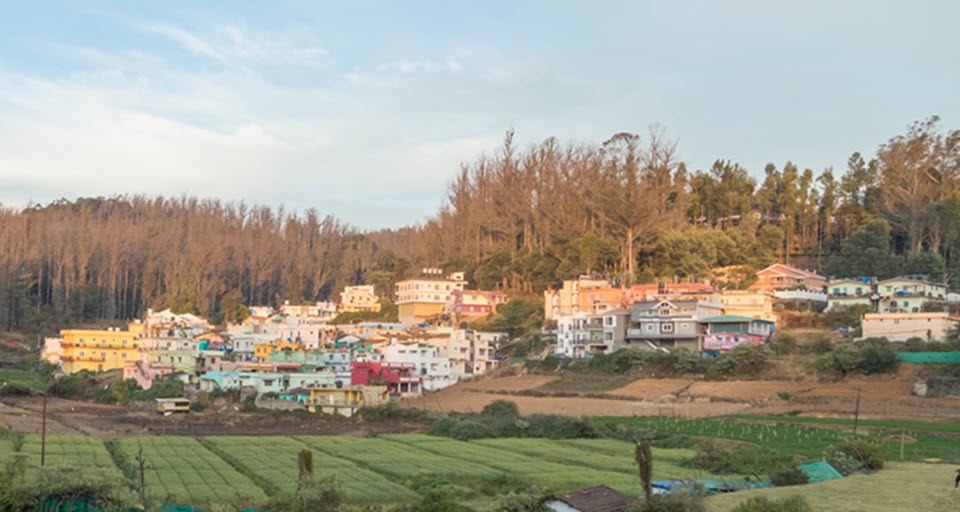By Aravinda Anantharaman | Managing Editor
India Tea News for the week ending Feb 24, 2024

Budget Season and Aid for Tea
As State Governments announce their budget for the upcoming financial year, the tea industry has been waiting for news on its impact. So far, the Tamil Nadu government has announced an incentive of Rs 2 per kilo to members of the state-owned INDCO cooperative in the Nilgiris. This benefits about 27,000 small tea farmers attached to the INDCO factories. In Assam, 130,000 houses were to be constructed as per last year’s budget. This year, 10% of the houses are earmarked for tea garden workers. Additionally, funds will be earmarked towards payments of electricity bills in arrears in the tea communities. In West Bengal, the finance minister said 2,500 acres of unused land in tea gardens had been recovered and land rights granted to 23,000 workers in the Dooars. The housing scheme here continued to be in focus, as land rights and funds for house construction were included. Five tourism projects on four tea estates in the region have also been approved.
Iran Turns to Sri Lanka for Tea
The Hindu Businessline reported that a barter agreement between Iran and Sri Lanka will mean India will continue to lose in this market. In 2023, India’s tea shipment to Iran decreased from 54.45 mn kilos (2019) to 6 million (2023). Iran and Sri Lanka have entered a barter to settle the latter’s oil debt of $250 million for fuel purchases made in 2012. According to the agreement, Sri Lanka will supply tea worth $5 million monthly for 48 months, ending in September 2027.
Study on Assam Tea
A study published in the Journal of Plant Beverage Research reveals new Camellia sinensis assamica varietal traits. Researchers from India and China who have worked on this study using 150 SNP markers and population genetics tools to conclude that Assam tea is unique. Researchers identified five distinct genetic populations independently domesticated from a western cluster of wild tea trees rather than introduced from a single origin. The varietal grown in Assam differs from the eastern cluster grown in Yunnan. This new understanding presents new possibilities for cultivating new hybrids bred from Assam tea.
Powered by RedCircle

